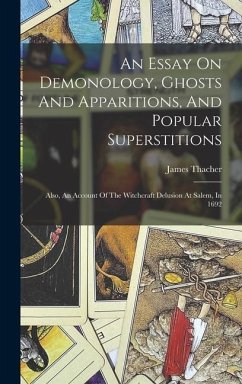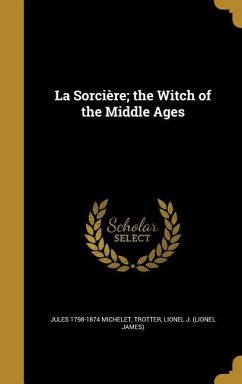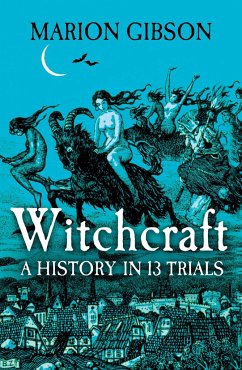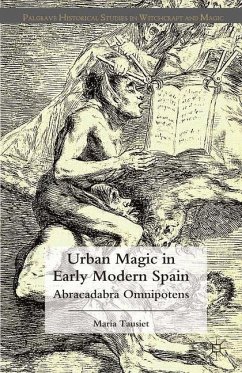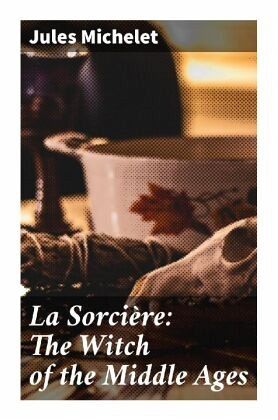
La Sorcière: The Witch of the Middle Ages
Versandkostenfrei!
Versandfertig in 6-10 Tagen
9,49 €
inkl. MwSt.
Weitere Ausgaben:

PAYBACK Punkte
5 °P sammeln!
In "La Sorcière: The Witch of the Middle Ages," Jules Michelet explores the historical and cultural dimensions of witchcraft during the medieval period. His narrative blends meticulous scholarship with a poetic prose style, creating a vivid tapestry that brings to life the fears, misogyny, and societal upheavals surrounding witch hunts. Michelet delves into the psyche of society, unveiling the archetype of the witch as a symbol of both rebellion and repression, framed within the broader context of European history and the rise of the Inquisition. This work reflects Romantic ideals, emphasizin...
In "La Sorcière: The Witch of the Middle Ages," Jules Michelet explores the historical and cultural dimensions of witchcraft during the medieval period. His narrative blends meticulous scholarship with a poetic prose style, creating a vivid tapestry that brings to life the fears, misogyny, and societal upheavals surrounding witch hunts. Michelet delves into the psyche of society, unveiling the archetype of the witch as a symbol of both rebellion and repression, framed within the broader context of European history and the rise of the Inquisition. This work reflects Romantic ideals, emphasizing the emotional and mystical aspects of its subject matter as it confronts the darkness of the age with lyrical intensity. Michelet, a prominent historian and a pioneering figure in the study of social history, was influenced by the tumultuous political landscape of 19th-century France. His concern for social justice and human rights prompted a deep engagement with past injustices, particularly the persecution of women under the guise of witchcraft. This personal conviction is palpable in his passionate defense of the marginalized and his exploration of the female experience in a patriarchal society. "La Sorcière" is essential reading for those interested in the intersections of gender, history, and cultural studies. Its richly woven narratives invite readers to reflect on the historical treatment of women and the societal forces that shape collective fears. Michelet's groundbreaking insights remain profoundly relevant, making this work an indispensable addition to the library of anyone seeking to understand the complexities of witchcraft and its enduring legacy.




